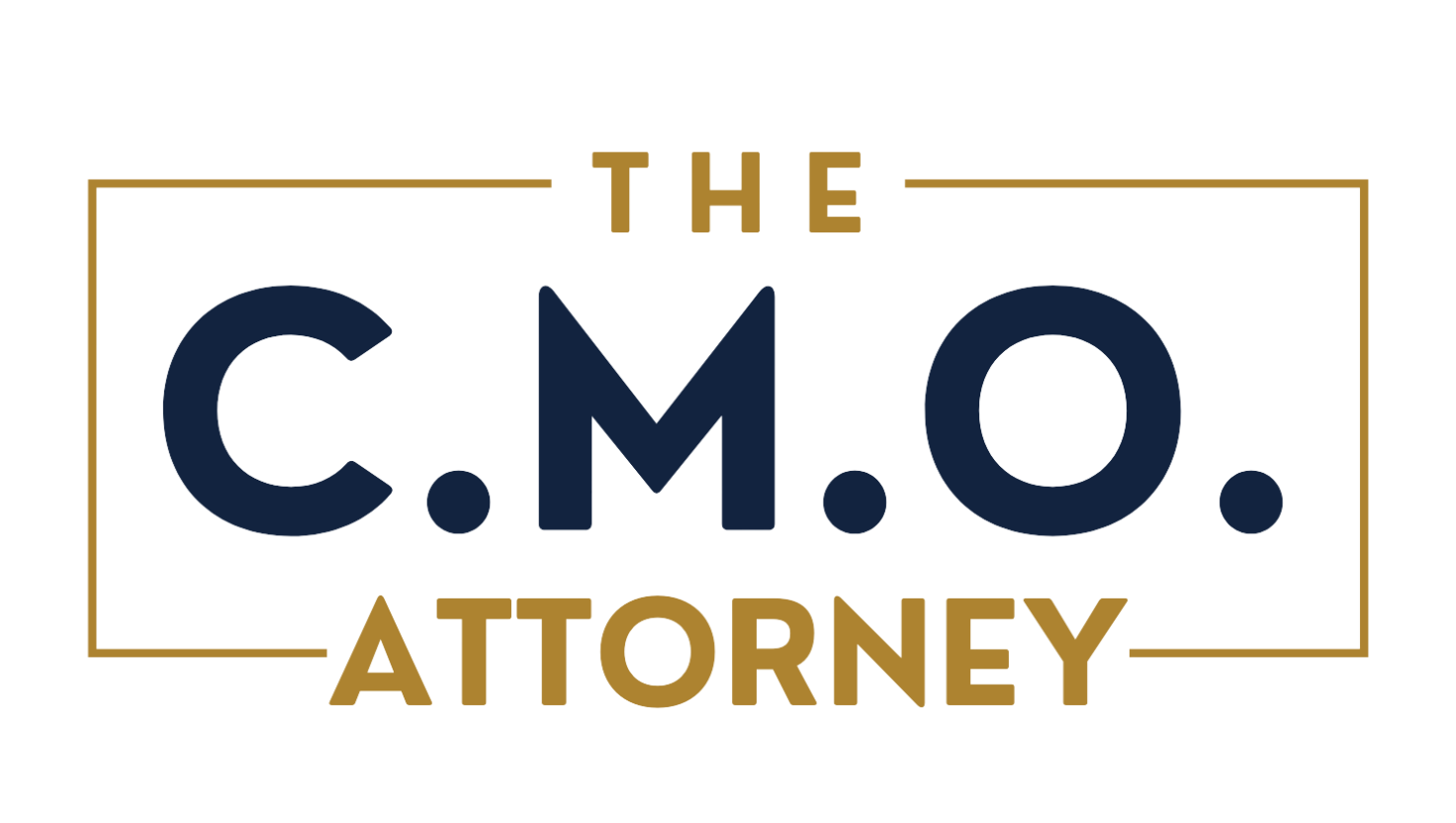
Allocating your marketing budget for law firms with precision and strategic insight is essential. At The CMO Attorney, we recognize that each dollar spent on marketing must deliver measurable results and align directly with your firm’s growth objectives. This comprehensive guide offers detailed strategies to help law firms optimize their marketing budgets, attract high-value clients, and secure long-term success.
Want to skip the reading and get some free insight? Sign up for a free consultation and explore how a fractional CMO can change your firm’s trajectory.
The Importance of a Well-Structured Marketing Budget for Law Firms
A marketing budget for law firms is not merely a financial figure; it is the engine driving your firm’s expansion and visibility. Firms that neglect strategic investment in marketing risk losing market share and potential clients to more proactive competitors. An intelligently crafted budget enables your firm to:
- Boost brand visibility in targeted markets
- Generate qualified and consistent leads
- Build long-term client relationships
- Maximize return on investment (ROI) across channels
At The CMO Attorney, we stress that marketing budgets must balance flexibility with discipline—supporting both innovation and proven tactics to maximize effectiveness.
Key Components of a Marketing Budget for Law Firms
Breaking down your marketing budget for law firms into key components ensures every dollar contributes to specific outcomes:
Digital Advertising and Paid Media
Investing 30-40% of your budget here ensures your firm appears prominently in competitive search terms like “personal injury attorney” or “corporate legal counsel.” This includes pay-per-click (PPC) campaigns, social media ads, and display advertising for immediate lead generation.
Content Marketing and SEO
A strong SEO and content strategy drives sustainable organic traffic and builds authority. Dedicate 25-30% of your budget to producing quality content, managing blogs, optimizing on-page SEO, and building backlinks.
Website Development and Optimization
Your website is the core of your marketing ecosystem. Allocate 10-15% to user experience enhancements, conversion rate optimization (CRO), mobile responsiveness, and security to ensure visitors convert efficiently.
Email Marketing and Client Retention
Maintain client loyalty through newsletters, updates, and drip campaigns, budgeting 5-10% to nurture relationships and foster referrals.
Offline Marketing and Events
Allocate 5-10% for community events, sponsorships, and networking opportunities that build trust and local presence.
Analytics and Marketing Technology
Spend 5% on CRM systems, marketing automation, and analytics tools to track performance and make data-driven decisions.
How to Allocate Your Marketing Budget for Law Firms Based on Firm Size and Practice Area
Allocation strategies differ by firm size and practice area. Here’s a breakdown:
Solo and Small Firms
With limited resources, prioritize activities that deliver high ROI:
- Digital Advertising: 40-50%
- SEO and Content Marketing: 30-35%
- Website Development: 10-15%
- Email & Offline Marketing: 5-10%
Focus on localized PPC and highly targeted content addressing client-specific problems.
Mid-Sized Firms
Balanced strategies work best:
- Digital Advertising: 35-40%
- Content & SEO: 30-35%
- Website Optimization: 15%
- Client Retention & Events: 10%
- Analytics & Tech: 5%
Expand content to include thought leadership and case studies to establish authority.
Large Firms and Legal Enterprises
Prioritize branding and multi-channel outreach:
- Digital Advertising: 30-35%
- Content Marketing & SEO: 30-35%
- Website & Tech: 20%
- Events & Retention: 10-15%
Leverage advanced data analytics and automation for precise client targeting.
Leveraging Client Feedback and Reviews to Enhance Your Marketing Budget for Law Firms
A critical yet often overlooked aspect of your marketing budget for law firms is investment in client feedback and reputation management. Allocating 5-7% of your budget to cultivating and managing your firm’s online reputation can substantially increase marketing efficiency.
Why Reputation Management Matters
Over 85% of potential clients trust online reviews as much as personal recommendations. Actively soliciting, monitoring, and responding to reviews on platforms like Google My Business, Avvo, and Yelp builds trust and enhances your online presence.
How to Allocate for Reputation Building
- Encourage satisfied clients to leave detailed reviews
- Use reputation management software to monitor feedback
- Create testimonial videos and case studies
- Invest in local SEO improvements tied to positive review signals
Reputation management amplifies other marketing efforts by increasing client trust and boosting conversion rates.
Measuring ROI: The Cornerstone of Effective Marketing Budget for Law Firms
Tracking your marketing spend’s effectiveness is non-negotiable. The CMO Attorney recommends establishing clear KPIs such as:
- Cost per Lead (CPL): Measure lead acquisition costs by channel.
- Conversion Rate: Track visitor-to-client conversion percentages.
- Client Acquisition Cost (CAC): Total marketing spend divided by new clients.
- Lifetime Value (LTV): Expected revenue from clients over their lifetime.
Use CRM and analytics tools to continuously monitor and reallocate your budget toward high-performing channels.
Emerging Trends Impacting Marketing Budget for Law Firms
To stay competitive, law firms must adopt new marketing trends, including:
- Voice Search Optimization: Prepare content for voice-activated queries.
- Video Marketing: Invest in high-quality videos for testimonials, case studies, and educational webinars.
- Artificial Intelligence and Automation: Utilize AI-driven chatbots, personalized marketing, and advanced data analysis.
- Local SEO: Focus on hyper-local targeting to attract clients in your geographic area.
Early adoption of these trends can position your firm as an innovator and market leader.
Avoiding Common Pitfalls in Marketing Budget Allocation
Missteps in budget allocation can severely impair marketing outcomes:
- Over-investing in channels that don’t perform
- Neglecting brand building for short-term lead generation
- Failing to integrate marketing channels cohesively
- Underfunding website maintenance and optimization
The CMO Attorney helps firms navigate these pitfalls by crafting strategic, data-driven budgets with ongoing optimization.
James Frazier | The CMO Attorney | Fractional CMO for Law Firms
How The CMO Attorney Can Help You Optimize Your Marketing Budget for Law Firms
At The CMO Attorney, we specialize in tailoring marketing budgets for law firms that align with your firm’s unique goals and challenges. Our services include:
- Comprehensive budget audits and performance assessments
- Strategic recommendations for channel mix and spend
- Implementation of analytics and reporting frameworks
- Continuous quarterly optimization reviews
- Integration of cutting-edge marketing technology
Contact us today to sign up for a free consultation and discover how to maximize your marketing budget for measurable growth and success.
Mastering Marketing Budget Allocation is the Key to Law Firm Success
An expertly allocated marketing budget for law firms is essential to attracting new clients, expanding market presence, and driving profitability. By leveraging data-driven strategies, balancing digital and offline investments, and embracing emerging trends, your law firm can convert marketing spend into sustainable business growth. Partner with The CMO Attorney to unlock the full potential of your marketing investments and position your firm for future success.
Sources
-
Legal Marketing Association – Budgeting Best Practices
Offers in-depth budgeting strategies tailored specifically for law firms, including case studies on maximizing ROI.
https://legalmarketing.org/budgeting-best-practices -
Forbes – How Law Firms Should Allocate Marketing Budgets
Expert insights on budget allocation across various firm sizes and practice areas.
https://www.forbes.com/sites/forbesagencycouncil/2023/03/05/how-law-firms-should-allocate-marketing-budgets -
HubSpot – Law Firm Marketing Budget Breakdown
Comprehensive analysis of digital marketing spend and emerging trends in legal marketing budgets.
https://blog.hubspot.com/marketing/law-firm-marketing-budget



 Thought leadership marketing for attorneys is not just an advantage—it is a necessity. To rise above the noise, attorneys must establish themselves as trusted authorities in their areas of expertise. At
Thought leadership marketing for attorneys is not just an advantage—it is a necessity. To rise above the noise, attorneys must establish themselves as trusted authorities in their areas of expertise. At 
 Law firm event marketing has emerged as an essential strategy to generate qualified leads and build lasting client relationships. Speaking engagements, seminars, webinars, and community events offer law firms a unique platform to demonstrate expertise, foster trust, and directly connect with potential clients and referral sources. At
Law firm event marketing has emerged as an essential strategy to generate qualified leads and build lasting client relationships. Speaking engagements, seminars, webinars, and community events offer law firms a unique platform to demonstrate expertise, foster trust, and directly connect with potential clients and referral sources. At 
 Legal marketing compliance has become an indispensable cornerstone for law firms seeking growth without risking ethical violations. Navigating the complex web of state bar rules, federal regulations, and professional ethics is essential to protect your firm’s reputation and licensure. At
Legal marketing compliance has become an indispensable cornerstone for law firms seeking growth without risking ethical violations. Navigating the complex web of state bar rules, federal regulations, and professional ethics is essential to protect your firm’s reputation and licensure. At 
 Overcoming law firm marketing challenges remains a significant hurdle for many attorneys aiming to grow their practice in today’s fiercely competitive legal market. Despite exceptional legal expertise, many law firms fail to connect with their ideal clients due to ineffective marketing strategies. At
Overcoming law firm marketing challenges remains a significant hurdle for many attorneys aiming to grow their practice in today’s fiercely competitive legal market. Despite exceptional legal expertise, many law firms fail to connect with their ideal clients due to ineffective marketing strategies. At